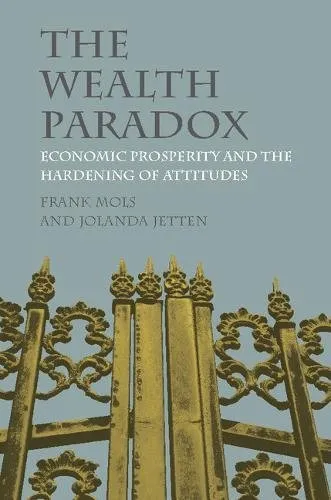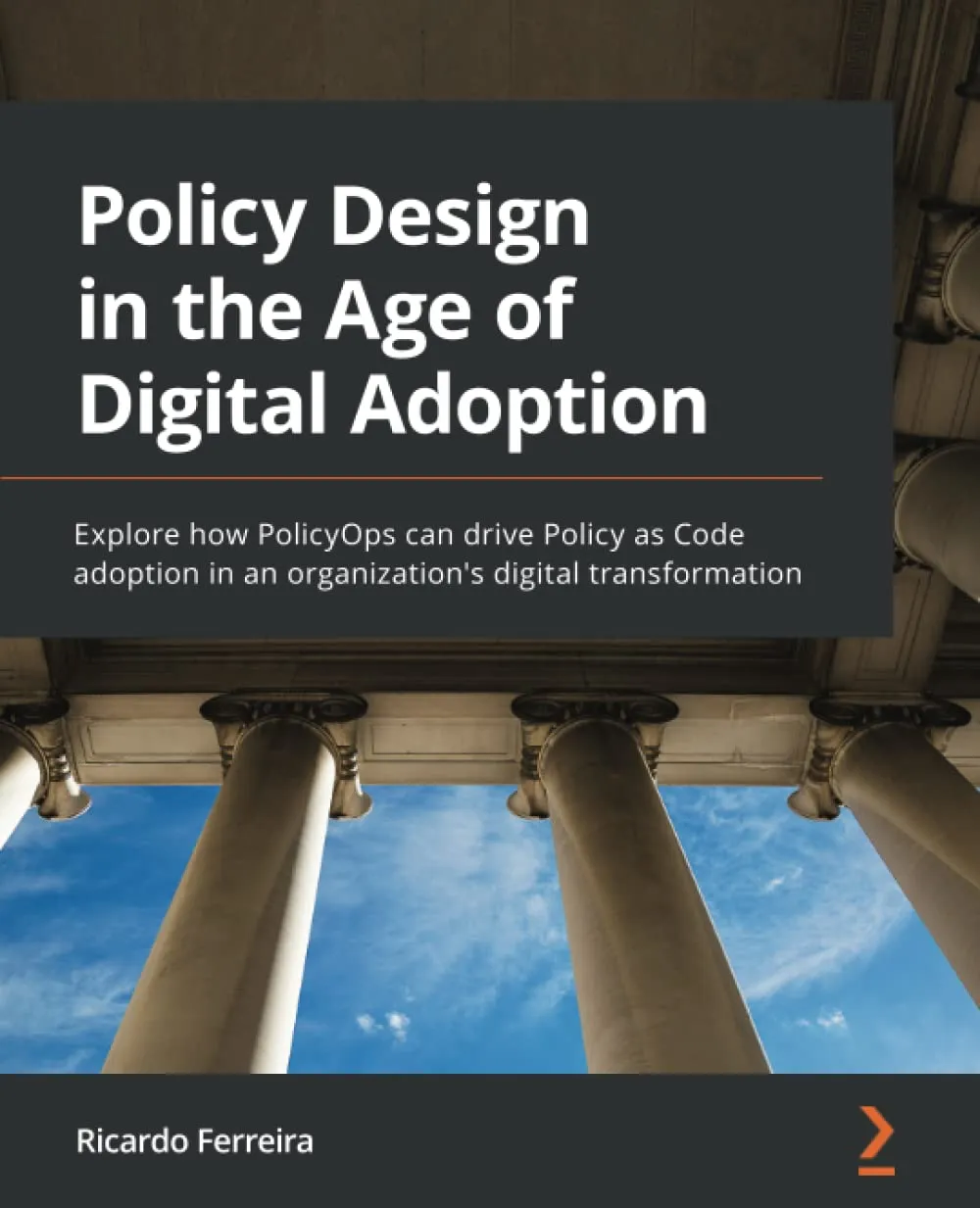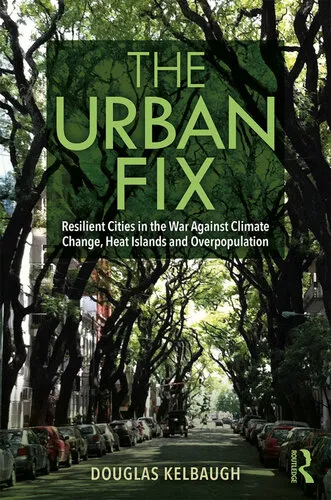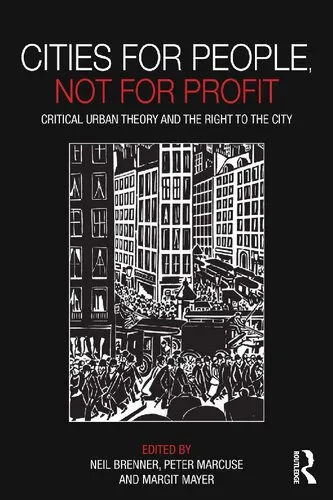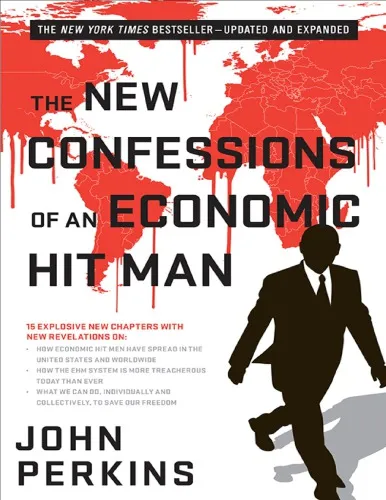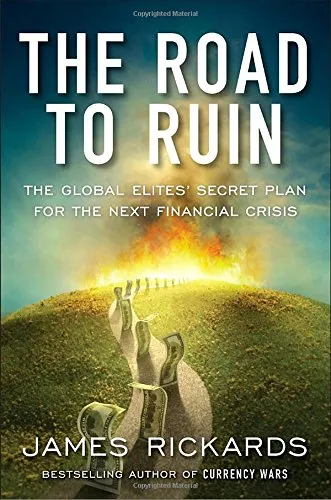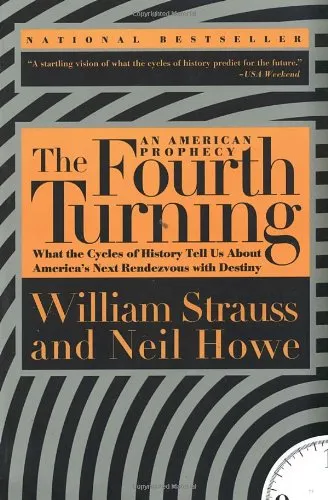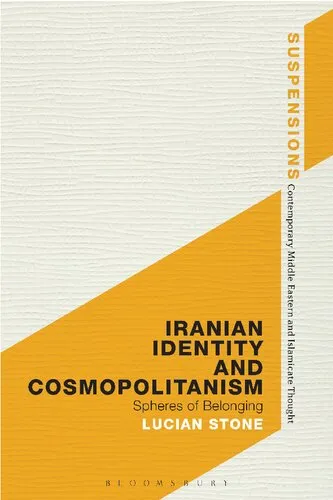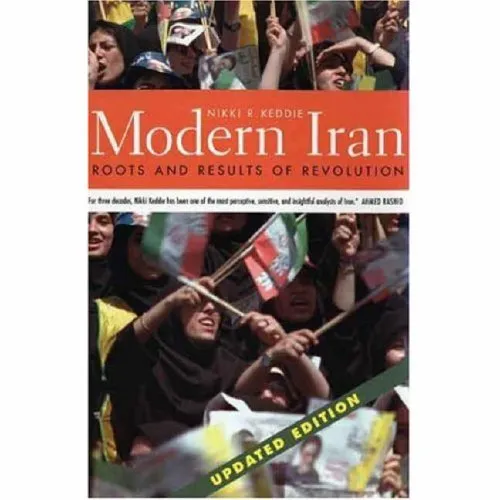The Wealth Paradox: Economic Prosperity and the Hardening of Attitudes
4.7
Reviews from our users

You Can Ask your questions from this book's AI after Login
Each download or ask from book AI costs 2 points. To earn more free points, please visit the Points Guide Page and complete some valuable actions.Related Refrences:
Welcome to an insightful exploration of the complex interplay between economic prosperity and societal attitudes, as we unravel the themes presented in "The Wealth Paradox: Economic Prosperity and the Hardening of Attitudes."
Detailed Summary of the Book
"The Wealth Paradox" confronts a puzzling and counterintuitive phenomenon: as societies grow wealthier, why do they sometimes exhibit greater intolerance and a hardening of attitudes? Frank Mols and Jolanda Jetten delve into the paradox of affluence, challenging the common assumption that economic development naturally leads to more liberal and open societies. Through comprehensive research, the authors demonstrate that economic prosperity can, in some cases, exacerbate feelings of insecurity and competition among social groups, leading to an increase in protectionist and exclusionary behaviors.
The book intricately examines historical and contemporary examples across various nations to illustrate how wealth can simultaneously provide a sense of security to some and engender fear and uncertainty among others. This dichotomy results in a society where despite shared prosperity, divisions grow as certain social sectors feel threatened by changes or perceive losses in status and identity.
Key Takeaways
- Prosperity and Polarization: Increased wealth does not automatically translate to increased societal harmony. Instead, the distribution and perception of wealth contribute significantly to social divisions.
- Identity and Scarcity: As wealth grows, so do battles over identity and cultural supremacy, particularly when individuals or groups perceive their status as being under threat.
- Emotional Reactions to Change: Economic growth can elicit emotional reactions such as fear and nostalgia, which influence political attitudes and behaviors, often leading to a rise in populist sentiments.
- Role of Leadership: Leaders and policymakers play a critical role in either exacerbating or alleviating tensions that arise in prosperous societies by shaping narratives around growth and identity.
Famous Quotes from the Book
"In periods of unprecedented growth, societies must be cautious not to let their prosperity blind them to the vulnerabilities it exposes within their social fabric."
"Economic prosperity offers opportunities, but it also challenges existing structures and identities, leaving societies to grapple with protecting what they have versus welcoming change."
Why This Book Matters
"The Wealth Paradox" is not just a critique of economic prosperity; it is a clarion call to reconsider how we understand the relationship between wealth and societal attitudes. In an era marked by rapid globalization and increasing wealth disparities, understanding these dynamics is crucial for crafting policies that foster genuine social cohesion. Mols and Jetten provide valuable insights into how economic gains might be harnessed to build more inclusive societies rather than further entrenching divisions.
The book offers both scholars and lay readers a nuanced perspective on why economic growth does not always yield the expected social benefits. As countries worldwide grapple with rising populism and nationalism, "The Wealth Paradox" presents an essential framework for understanding these trends, highlighting how they could be mitigated through informed leadership and inclusive policymaking.
Free Direct Download
You Can Download this book after Login
Accessing books through legal platforms and public libraries not only supports the rights of authors and publishers but also contributes to the sustainability of reading culture. Before downloading, please take a moment to consider these options.
Find this book on other platforms:
WorldCat helps you find books in libraries worldwide.
See ratings, reviews, and discussions on Goodreads.
Find and buy rare or used books on AbeBooks.
1478
بازدید4.7
امتیاز0
نظر98%
رضایتReviews:
4.7
Based on 0 users review
Questions & Answers
Ask questions about this book or help others by answering
No questions yet. Be the first to ask!
